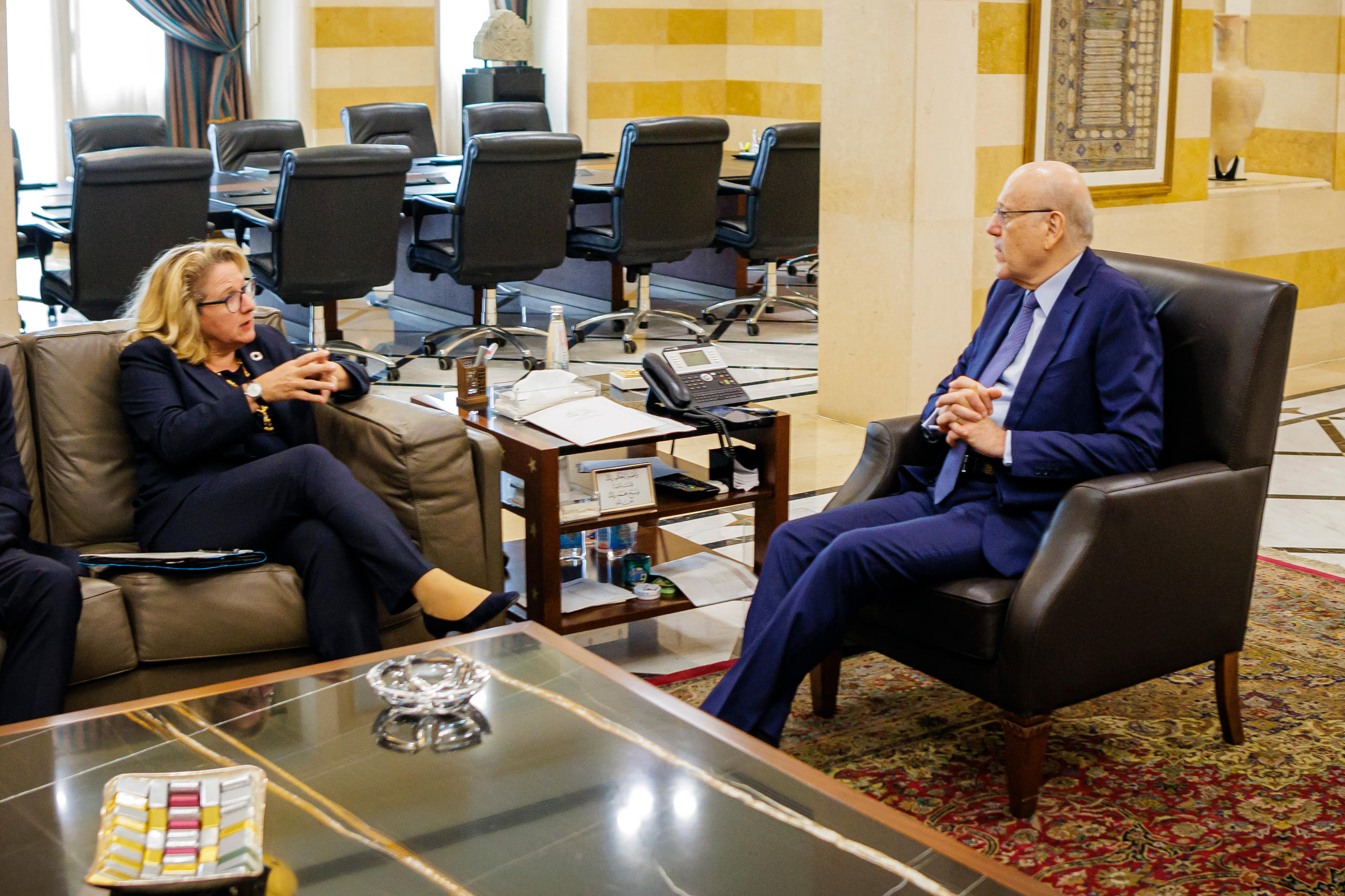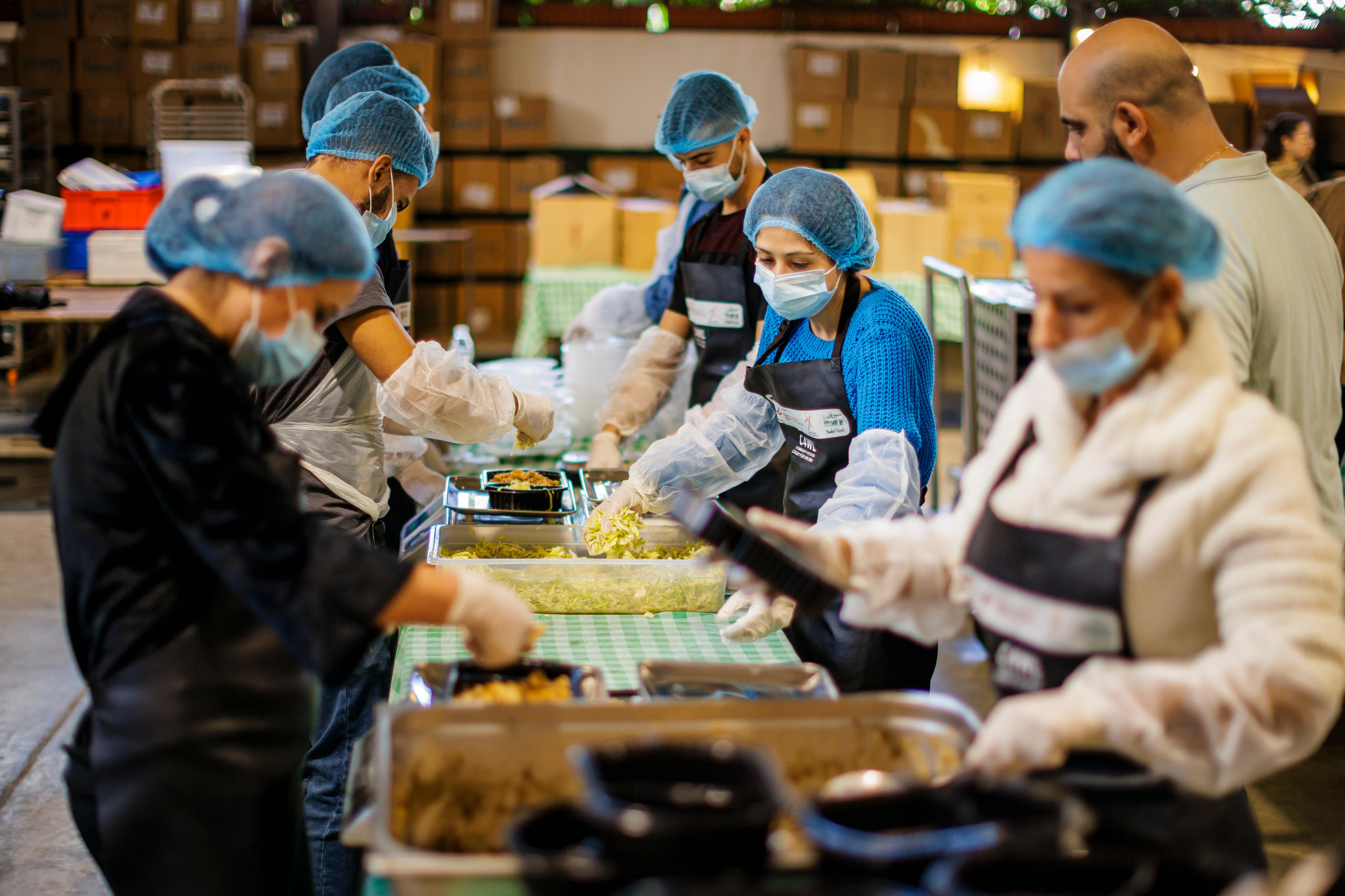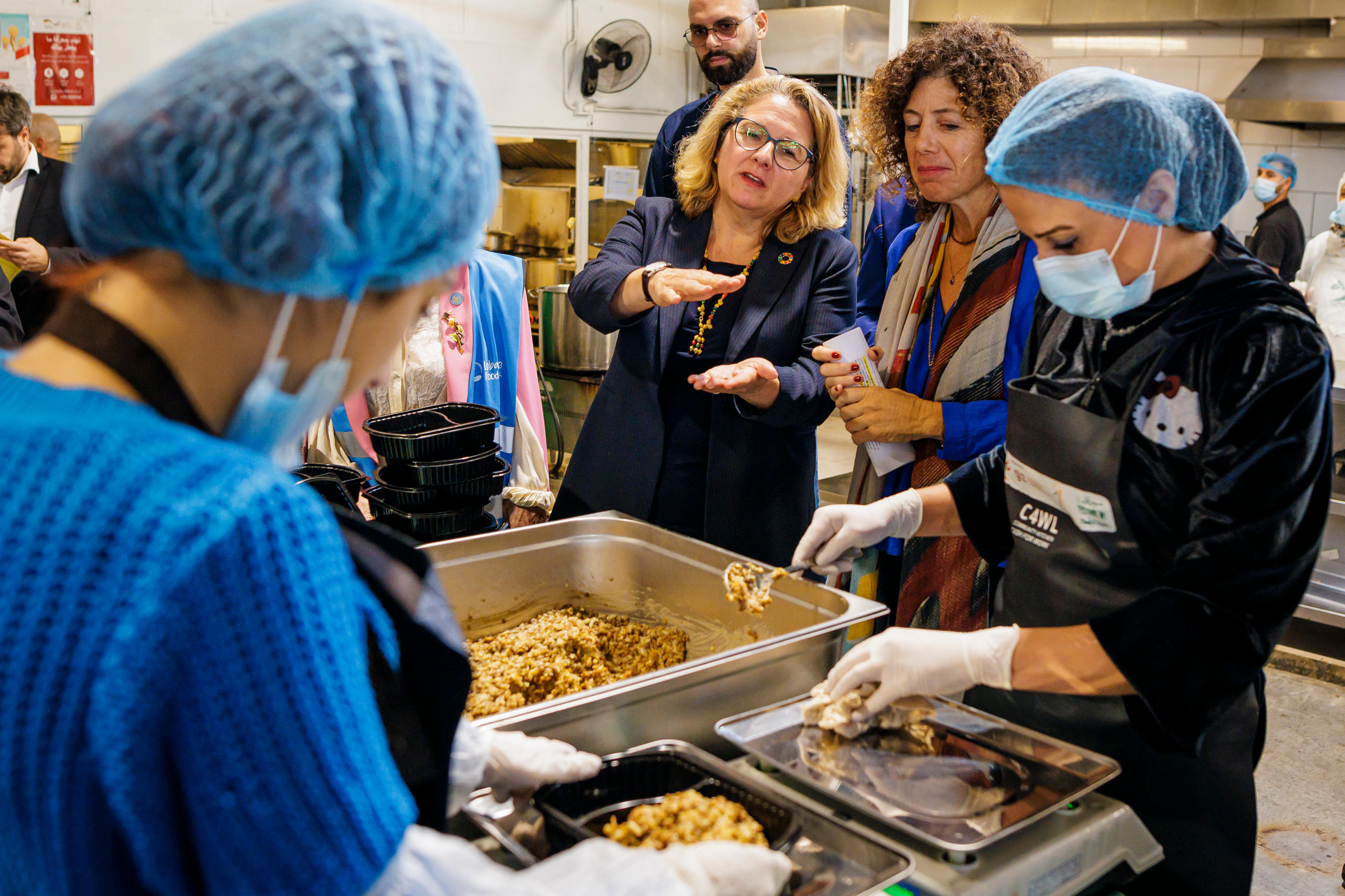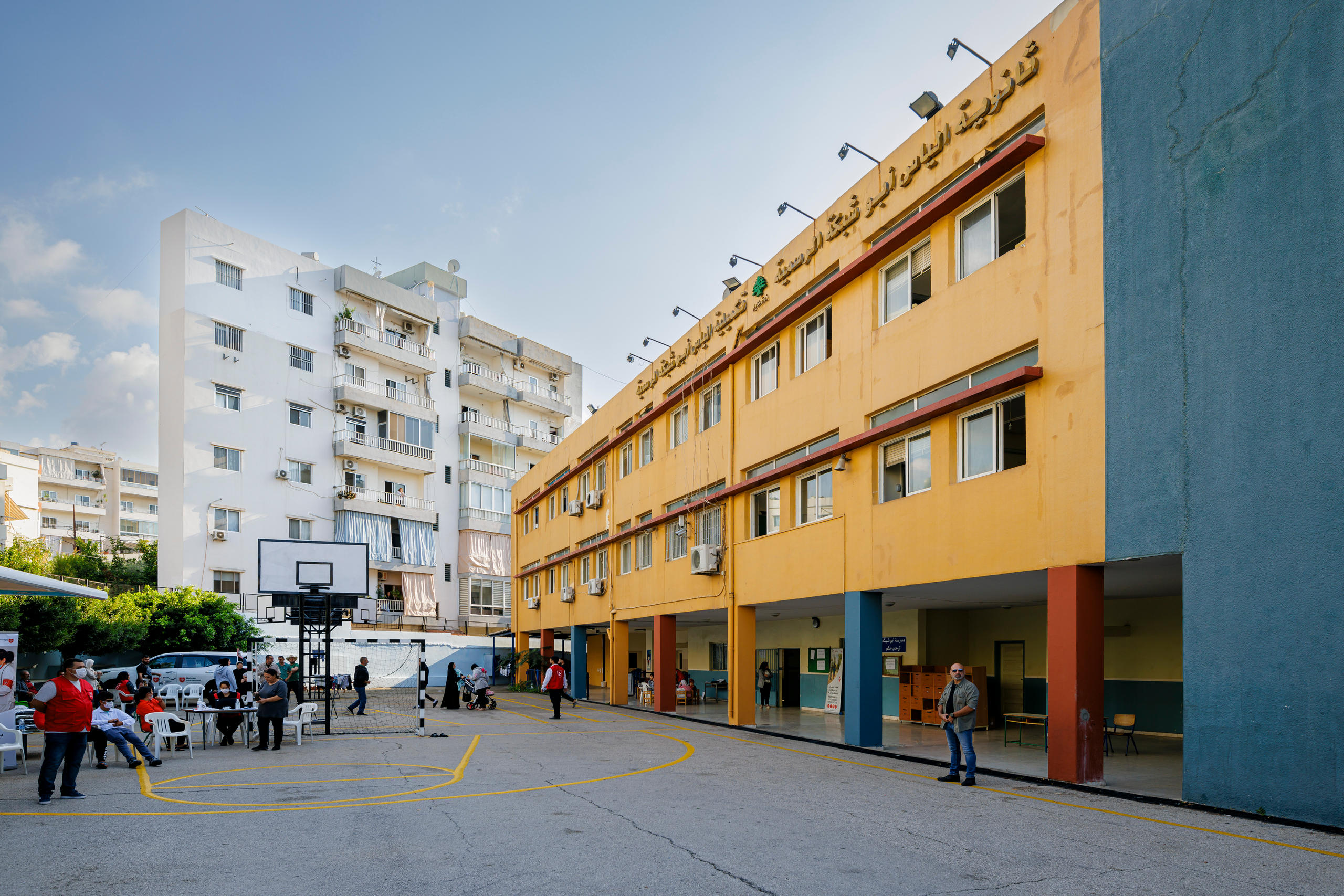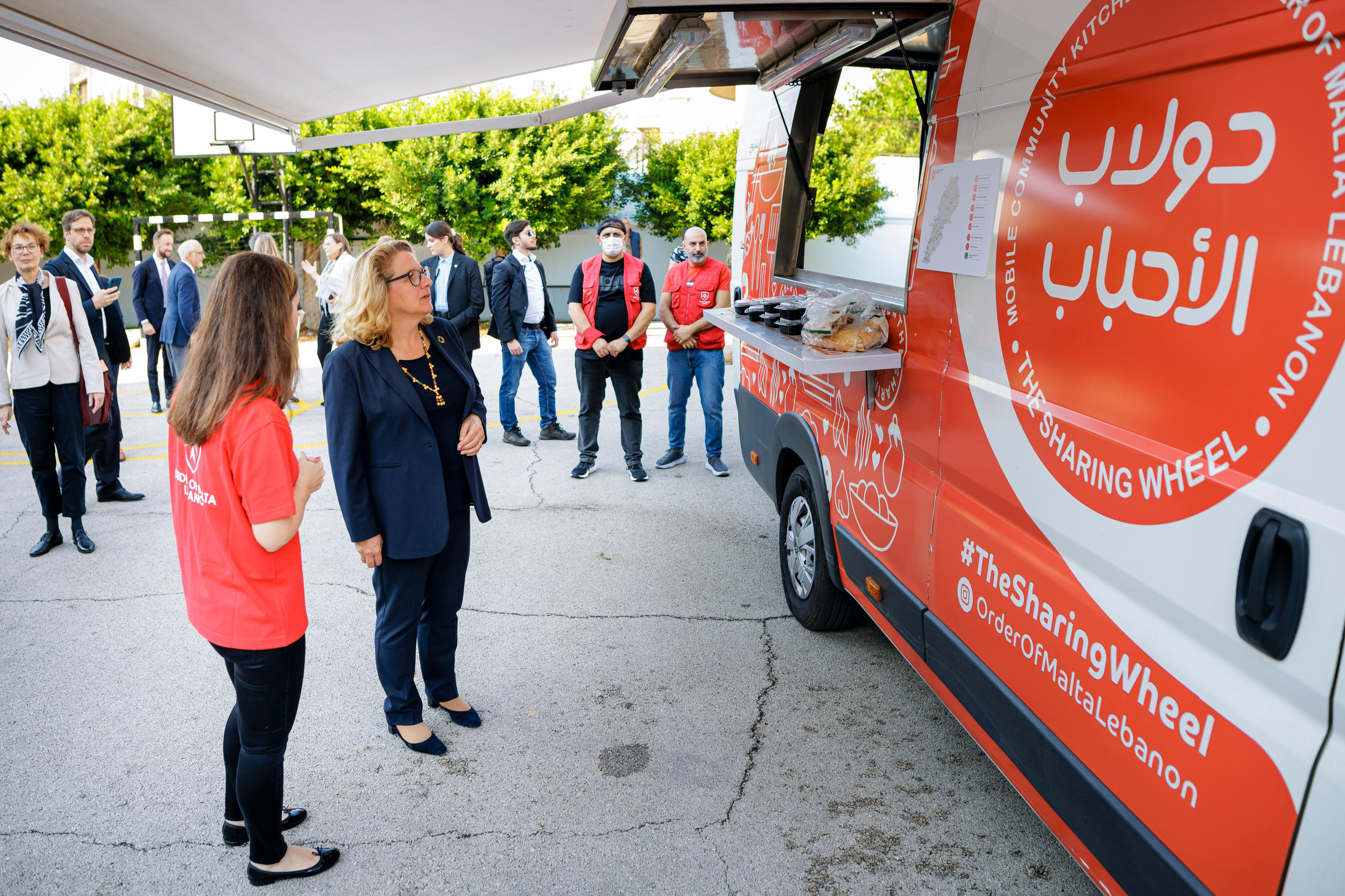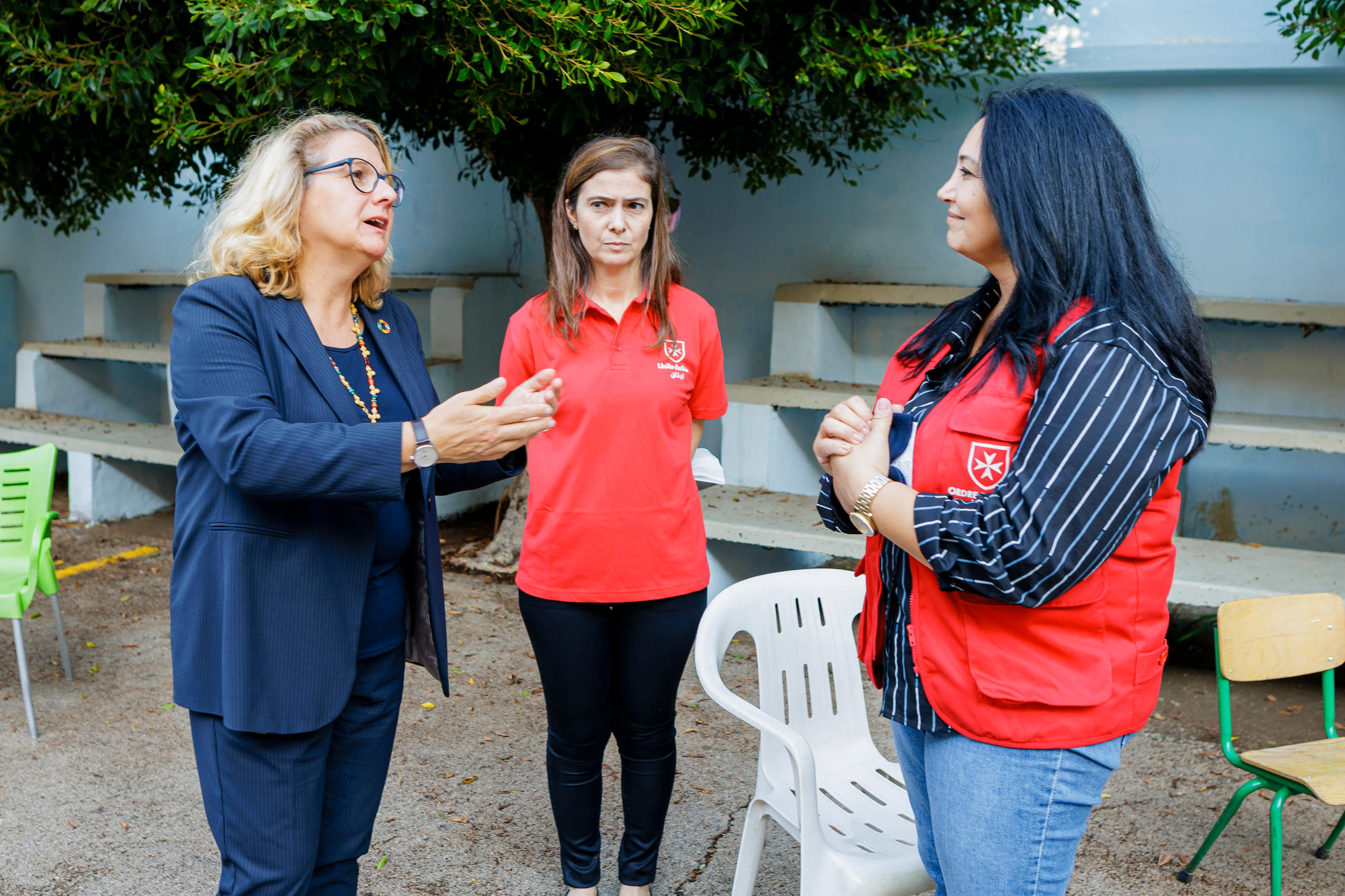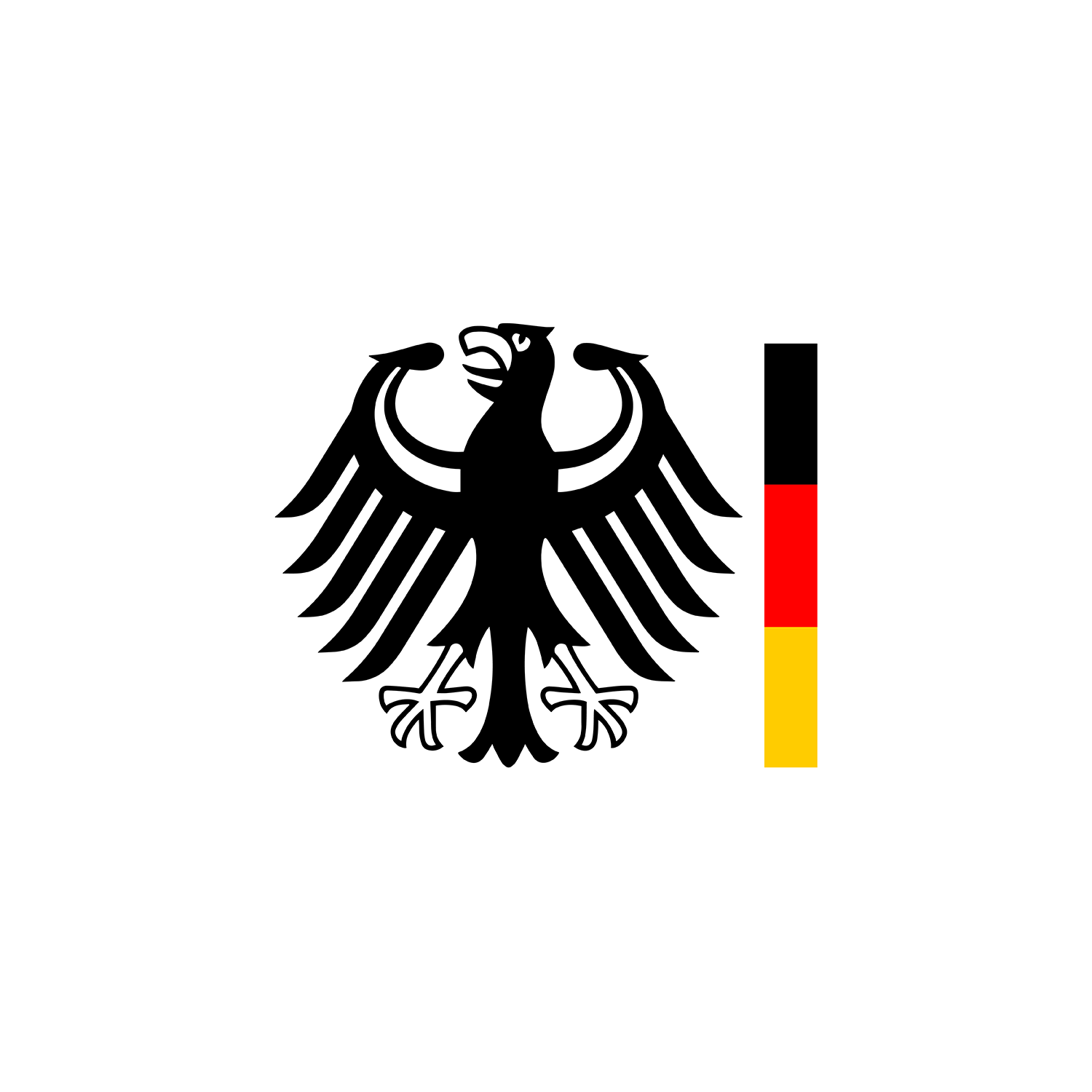Development Minister Schulze in Beirut Germany supports internally displaced persons in Lebanon
During a visit to a community kitchen that provides meals for refugees and to an emergency shelter for internally displaced persons, Schulze gained an insight into the situation on the ground and the relief measures Germany is providing.
Minister Schulze said: “The people of Lebanon are suffering hugely from the military escalation between Hezbollah and Israel. Lebanon was already under strain before the recent escalation, and has taken in more refugees per capita than any other country in the world. In Beirut, I bore first-hand witness to the impressive willingness of the Lebanese people to support refugees and internally displaced persons. But Lebanon cannot deal with this humanitarian crisis on its own. In order to stabilise the country and alleviate acute hardship, Germany is expanding its activities together with international partners. We are working to provide the bare necessities for people who have had to leave their homes: health, education, food, water and a roof over their heads. At the same time, the Federal Government is strongly committed to promoting a ceasefire.”
The fighting in Lebanon has triggered a massive wave of displacement inside and outside of the country. So far more than 830,000 people have sought refuge in other parts of the country. Many of them are dependent on support and live in communal accommodation, for example in converted schools.
The Development Ministry (BMZ) has been supporting Lebanon in hosting refugees since the beginning of the crisis in Syria more than a decade ago. No other country in the world has taken in so many refugees in proportion to its population: with a Lebanese population of around 4.4 million, there are an estimated 1.5 million people from Syria living in the country. In addition, there are around 250,000 Palestinian refugees in Lebanon, some of whom have been living there for several generations. The BMZ is now building on this existing engagement and significantly expanding its support in the short term in view of the new challenges.
Development Minister Schulze visited two BMZ-funded projects in Beirut today that are responding to the current crisis.
The community kitchen Minister Schulze visited is a reflection of the huge commitment shown by civil society in Lebanon. The community kitchen is run by the local non-governmental organisation Souk el Tayeb with the support of GIZ. On behalf of the BMZ, GIZ contributes to providing 3,600 meals a day for internally displaced persons nationwide.
Schulze also visited a school that is used both for teaching, which is now starting again, and as an emergency shelter for internally displaced persons from the south of the country. Due to the fighting and the use of many schools as emergency shelters, the start of the school year had to be postponed until the beginning of November. Funded by the German Federal Government, volunteers from the Order of Malta Lebanon are providing people at the shelter with food and healthcare.
Furthermore, the BMZ will scale up ongoing projects in Lebanon and Syria with recently approved additional funding of 60 million euros, which will finance measures including learning centres for internally displaced children and psychosocial support for traumatised children. It is also funding short-term jobs for internally displaced persons and people from host regions, for instance in areas such as equipping and operating emergency shelters and sanitation facilities, waste disposal and cleaning services, and the production of sleeping bags, blankets and clothing for internally displaced persons.
Development cooperation with Lebanon is mainly carried out through United Nations relief agencies and projects by non-governmental organisations. The BMZ’s measures not only benefit the refugees themselves but also the host communities and Lebanese population groups that are in need of special support. This approach contributes to alleviating tensions that might arise from hosting refugees and from the additional pressure put on already scarce resources and public services. In total, the BMZ is providing 148.31 million euros to support the people of Lebanon this year.
Germany’s engagement is part of international efforts to expand humanitarian assistance for the people of Lebanon. At a recent international relief summit for Lebanon in Paris on 24 October 2024, 800 million dollars (740 million euros) were mobilised in civilian support and 200 million dollars (185 million euros) in support for the Lebanese armed forces. At this support conference, Germany committed a total of 96 million euros in additional funding for acute humanitarian assistance in Lebanon and Syria, of which 60 million euros will be provided by the BMZ and 36 million euros by the Federal Foreign Office.
